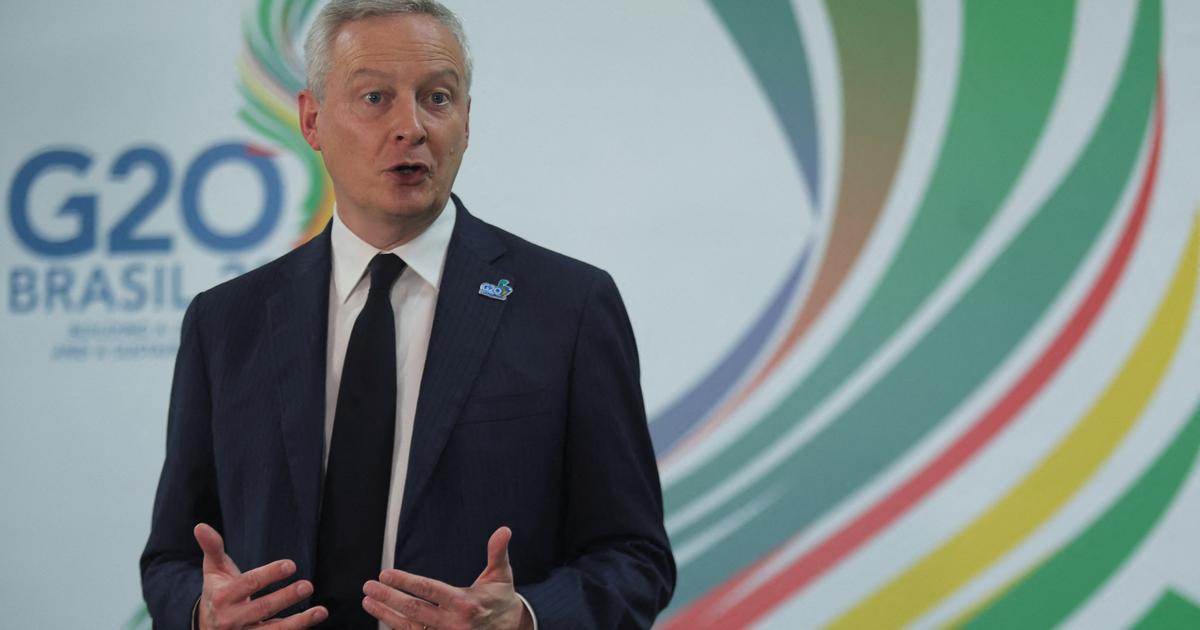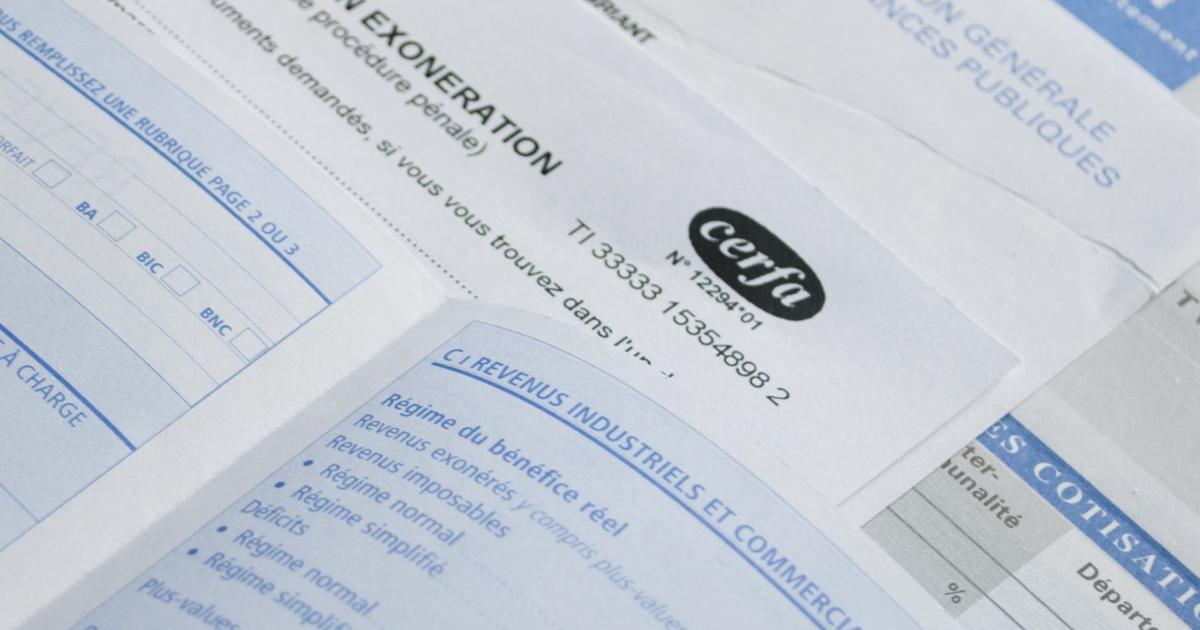Enlarge image
Bruno Le Maire and Olaf Scholz: Smaller EU countries like the Netherlands are skeptical about minimum taxes
Photo: STEPHANE DE SAKUTIN / AFP
The US government is promoting a worldwide minimum tax rate of 21 percent for companies - and Germany and France would support such a regulation.
"Personally, I would have nothing to object to the US proposal," said Federal Finance Minister Olaf Scholz (SPD) in an interview with "Zeit Online" and the French newspaper "Le Figaro".
"Should that be the result of the negotiations, we would also be in agreement," added his French counterpart Bruno Le Maire.
People are fed up with the fact that big corporations "don't pay their fair share of taxes" and that digital companies don't pay the same level of taxes as smaller companies.
Both expressed their confidence that an understanding could be reached this summer in the debate on reforming the international tax system.
This is managed within the framework of the industrial nations organization OECD.
The goal is a fairer taxation of large corporations, especially digital companies.
France would forego digital tax
Le Maire announced that in such a case the French digital tax that had already been passed would be removed.
"As soon as there is an international agreement on both digital tax and minimum taxation, we will withdraw our national digital tax," he said.
"But let me be very clear here: in the event that there is no agreement at international level, we will maintain it."
Even if France and Germany should be able to bring themselves to such a global minimum tax, there is still considerable resistance within the EU to the plans of US President Joe Biden.
Small countries in particular, such as the Netherlands or Slovakia, are resisting this, as they attract large companies with low rates.
The economy, Volker Wieland, thinks it makes sense to coordinate principles of international taxation and to implement them uniformly.
"This can effectively limit harmful tax avoidance behavior, for example through extreme profit shifting," he said.
One possibility would be to tax according to the place of consumption instead of the place of corporate profits, i.e. to apply a country of destination principle.
"However, minimum tax rates, especially such high rates, would unnecessarily restrict economically sensible tax competition," warns Wieland.
"They are of course also directed against weaker and smaller countries, which often have lower corporate tax rates and are still a long way from catching up economically with the leading industrialized countries."
Wieland said that minimum tax rates would suppress opportunities to establish industry via tax incentives.
It is also in the German and European interest if developing and emerging countries offer job-seekers local employment opportunities instead of trying, for example, to immigrate illegally to industrialized countries.
"Corporate tax rates below 21 percent are an instrument for this."
apr / Reuters















